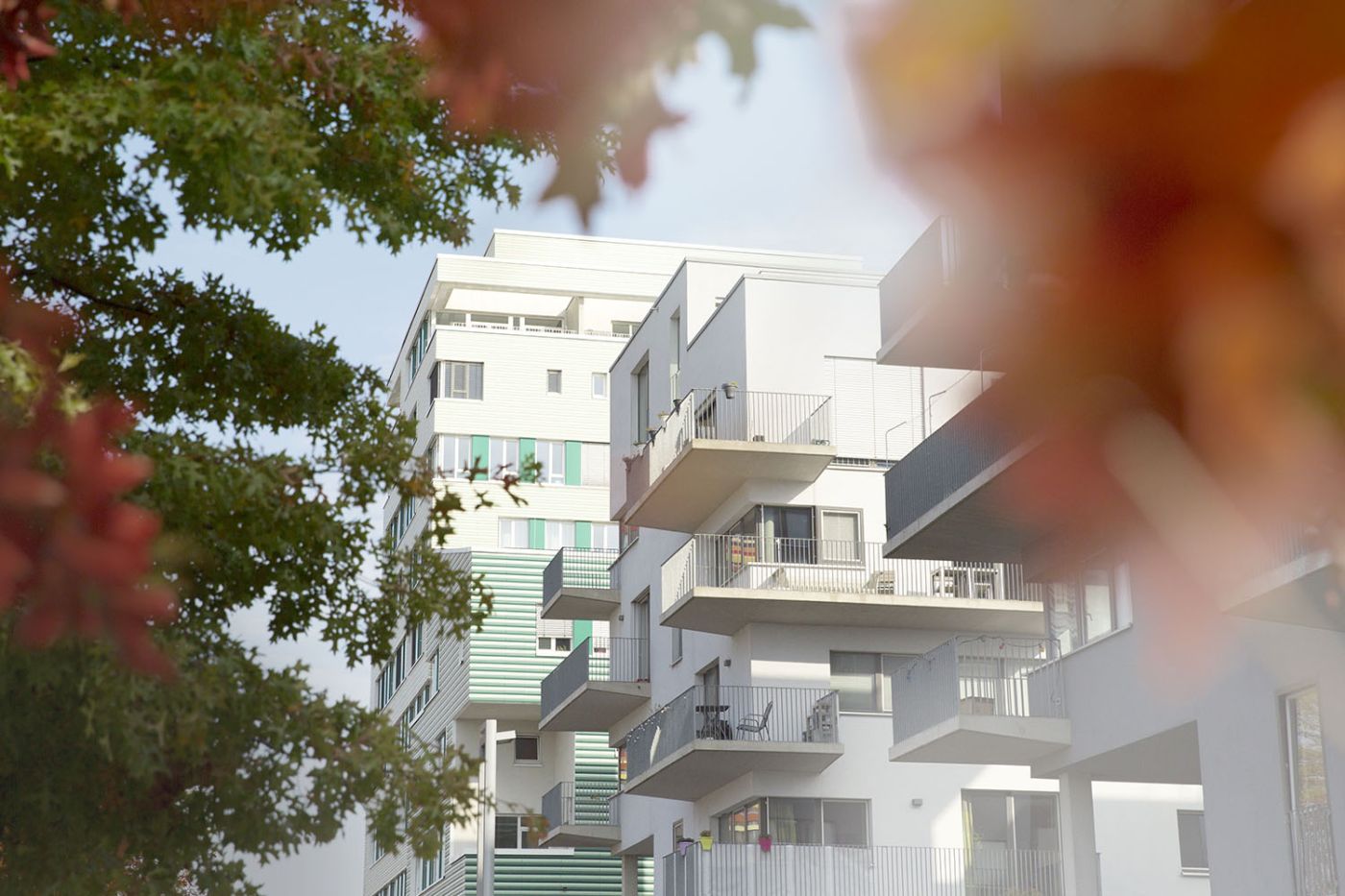News

From January 1st, 2021, CO2 emissions trading will be expanded to include the heating and transport sectors: This should make heating with fossil fuels such as oil and gas less attractive. In order to keep the increase in gross warm rents at an acceptable level, the discussion about the distribution of costs was initiated: The Federal Ministries for Finance, Environment and Justice propose that the costs incurred should be allocated to tenants to a maximum of 50 percent limit. Landlords should therefore bear half of the additional costs. The General Association of the German Housing Industry (GdW) warns: This could delay the necessary investments in energy-efficient renovations. The GdW relies on considering the cost allocation depending on the renovation status of the property.
The CO2 pricing that has been introduced is an important element in achieving noticeable CO2 reductions in a timely manner - especially with regard to the tightening of the climate targets by 2030. In the building sector, the CO2 price that will be charged from 2021 is also intended to help achieve the ambitious climate targets. From next year, emissions trading will start with a CO2 price of 25 euros per ton. After that, the price will rise annually to up to 55 euros in 2025. For the year 2026, a price range of at least 55 and a maximum of 65 euros should apply.
New perspective in the user-investor dilemma
The CO2 pricing is intended to make fossil fuels less attractive and create a further incentive to invest in climate-friendly heating technology and insulation. The investment decision based on energetic calculations lies with the landlord - the tenant, however, determines the actual energy efficiency achieved through the daily heating behavior. An additional pricing of fossil fuels is supposed to counteract the "rebound effect" often observed after energetic renovations.
The CO2 pricing has two positive effects in terms of climate protection. At the same time, it increases the total cost of living - in addition to the rents that have risen sharply in recent years. So the gross warm rents must not rise in a socially incompatible manner - at the same time the urgently needed energy modernization of the building stock must not be delayed.
Climate protection can only be successfully undertaken if no one is left behind. This requires economical solutions: for landlords and tenants. The GdW recommends that the very different energetic conditions in German residential buildings must be taken into account when allocating costs. Because: In buildings that have already been modernized, the behavior of the user when dealing with electricity and heating in the apartment is also decisive for the energy balance of the building.
Leveraging consumption behavior
But in order to be able to use the lever “consumption behavior”, residents first have to know their consumption behavior and be empowered to improve the way they use energy in their own four walls. This is exactly where the Energy Efficiency Directive (EED) comes in: from 2021, tenants must be informed about their consumption during the year in addition to the annual heating bills. This enables them to reflect on their own consumption behavior and make a conscious decision to use energy accordingly. Studies have shown how effective this can be: With low-investment measures in buildings, paired with regular information about your own energy consumption, you can achieve energy savings of up to 20% in residential buildings.
The basis is digitisation: It is a tool for the precise recording of energy data in the building and thus for targeted measures for energetic renovation in the building as well as responsible consumption behavior of residents.